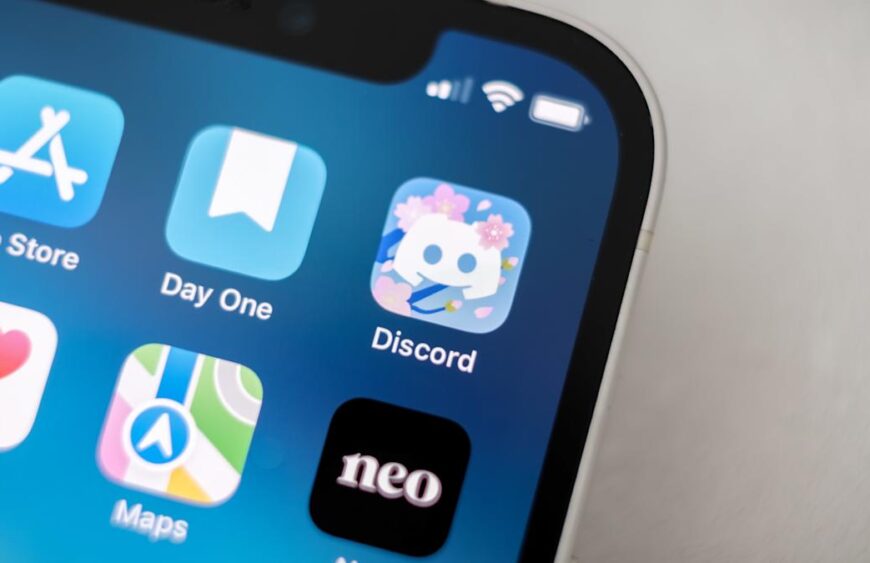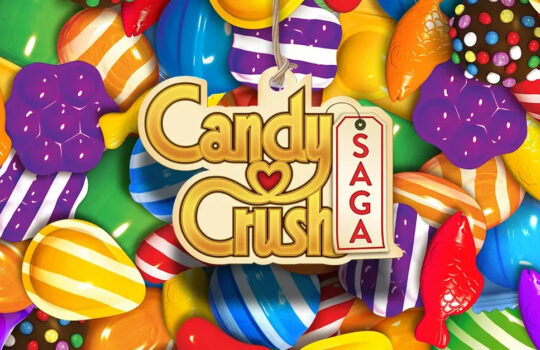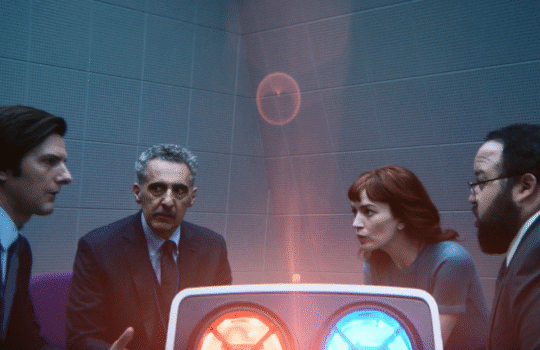Discord’s CTO is just as worried about enshittification as you are

Discord co-founder and CTO Stanislav Vishnevskiy wants you to know he thinks a lot about enshittification. With reports of an upcoming IPO and the news of his co-founder, Jason Citron, recently stepping down to hand leadership of the company over to Humam Sakhnini, a former Activision Blizzard executive, many Discord users are rightfully worried the platform is about to become, well, shit.
“I understand the anxiety and concern,” Vishnevskiy told Engadget in a recent call. “I think the things that people are afraid of are what separate a great, long-term focused company from just any other company.” According to Vishnevskiy, the concern that Discord could fail to do right by its users or otherwise lose its way is a topic of regular discussion at the company.
“I’m definitely the one who’s constantly bringing up enshittification,” he said of Discord’s internal meetings. “It’s not a bad thing to build a strong business and to monetize a product. That’s how we can reinvest and continue to make things better. But we have to be extremely thoughtful about how we do that.”
The way Vishnevskiy tells it, Discord already had an identity crisis and came out of that moment with a stronger sense of what its product means to people. You may recall the company briefly operated a curated game store. Discord launched the storefront in 2018 only to shut it down less than a year later in 2019. Vishnevskiy describes that as a period of reckoning within Discord.
“We call it embracing the brutal facts internally,” he said of the episode. When Vishnevskiy and Citron started Discord, they envisioned a platform that would not just be for chatting with friends, but one that would also serve as a game distribution hub. “We spent a year building that component of our business and then, quite frankly, we quickly knew it wasn’t going well.”
Out of that failure, Discord decided to focus on its Nitro subscription and embrace everyone who was using the app to organize communities outside of gaming. Since its introduction in 2017, the service has evolved to include a few different perks, but at its heart, Nitro has always been a way for Discord users to get more out of the app and support their favorite servers. For instance, the $3 per month Basic tier allows people to use custom emoji and stickers on any server, and upload files that are up to 50MB. The regular tier, which costs $10 per month, includes 4K streaming, 500MB uploads and more. They’re all nice-to-haves, but the core functions remain free.
Vishnevskiy describes Nitro as a “phenomenal business,” but the decision to look beyond gaming created a different set of problems. “It wasn’t clear exactly who we were building for, because now Discord was a community product for everyone, and that drove a lot of distractions,” he said.
That sense of mission drift was further exacerbated by the explosive growth Disord saw during the pandemic, as even more new users turned to the platform to stay in touch with friends during lockdown. “It covered up all the things that we didn’t fully clarify about how we want to approach things,” said Vishnevskiy. “We came out stronger. A lot of people were introduced to Discord, and it’s their home now, but it’s probably part of what made it take longer to realize some of the decisions we made at the time weren’t right.”
One of those was a brief flirtation with the Web3 craze of 2021. That November, Citron tweeted a screenshot of an unreleased Discord build with integrations for two crypto wallet apps. The post sparked an intense backlash, with users threatening to cancel their Nitro subscriptions if the company went forward with the release. Two days later, Citron issued a statement saying Discord would not ship the integration.
“We weren’t trying to chase a technology. It was about allowing people to use Discord in a certain way, and that came with a lot of downsides. We were trying to do some integrations to limit some scams, and actually do right by users and make people safer,” said Vishnevskiy. “But we really underestimated the sensitivity the general user base had to the topic of NFTs, and we did not do a really good job at explaining what we were trying to do.”
According to reporting from that period, Discord’s employees were partly responsible for the reversal. An internal server made up of workers and game studio representatives reportedly erupted over the proposed implementation.
Looking back, Vishnevskiy credits the company’s employees, some of whom have been with Discord for a decade, for steering leadership in the right direction over the years. He says there have been situations where the company’s employees have come to him and Citron to ask “why are we doing this?” He adds, “sometimes, they’ve pushed us to do things [Jason and I] didn’t think we should be doing. I think that’s an amazing asset to have. This product is built by people who love it and use it.”
Coming out of the pandemic, Discord announced last year it would refocus on gaming. In the immediate future, that shift of strategy will see the company emphasize “simple things” like app performance and useability over “building new features.” In March, users got a taste of that new approach, with the company releasing a redesign of its PC overlay that made it less likely to trigger anti-cheat systems like BattleEye. In turn, that made the overlay compatible with a greater number of the most-played games on Discord. In that same release, Discord added three new UI density options to give users more control over the look and feel of the app.
Moving forward, one area where the company wants to be particularly thoughtful is around AI. Discord has deployed the tech in a few areas – for example, it partnered with Krisp AI in 2019 to add noise cancellation to calls – but it also has wound down experiments that didn’t work. “What we’ve found is that a lot of these things did not work well enough to be in the product,” said Vishnevskiy, pointing to features like AutoMod.
The tool exists in Discord right now. Moderators can use it to filter for specific words and phrases. But when the company first pitched the feature, it envisioned an AI component that would help admins manage large, unruly servers, and even built a version of it that ran on a large language model. The company has yet to ship the feature because “it was making too many mistakes.” Discord also experimented briefly with a built-in chatbot called Clyde that leveraged tech from OpenAI, but canned it less than a year later. At the time, the company didn’t give a reason for the shutdown, but the occasional screenshots posted to the Discord subreddit showed Clyde could, often unprompted, say some questionable things.
“We’re constantly retrying some of those ideas with modern models. No timeline on any of this because we will not ship until we think it’s a good fit for the product,” said Vishnevskiy, adding the last thing the company wants to do is “slap [AI] in because everyone else is doing it.”
Looking to the future, Vishnevskiy says Discord is focused on helping game developers, especially as it relates to discovery. The majority of the most popular games on Discord are the same ones that were popular on the platform 10 years ago. That’s where Vishnevskiy says the app’s new Orbs currency comes in, which people can earn by watching interactive ads, playing a game, or streaming their gameplay to friends on Discord. Yes, it’s a way for Discord to grow its revenue, but Vishnevskiy believes the system aligns player interests with developer interests by giving Discord users something in return for their time and attention.
At least that’s the idea. I got to try the system after my interview with Vishnevskiy, and while it does feel friendly to users, I’d like to see how Discord plans to make it into something smaller game studios can leverage. Right now, many of the publishers the company has partnerships with are advertising releases that already have a lot of word of mouth going for them. I’m sure fans of Marvel Rivals will love the chance to earn an Ultron avatar decoration for their Discord, but a game with 147,000 concurrent players on Steam isn’t exactly struggling.
Vishnevskiy wouldn’t discuss the specifics of when and if the company plans to IPO, but did offer one last assurance for users. “Discord is something that is meant to be a durable company that has a meaningful impact on people’s lives, not just now but in 10 years as well,” he said. “That’s the journey that Humam joined and signed up for too. We are long-term focused. Our investors are long-term focused.”
While it may be true that the Vishnevskiy and Discord’s veteran employees have learned a lot over the company’s sometimes turbulent history, it’s not clear how a culture of experimentation and dissent might change with more shareholders to appease. The test will be whether Discord can stay true to itself and its many fans.
If you buy something through a link in this article, we may earn commission.
Trending Products






